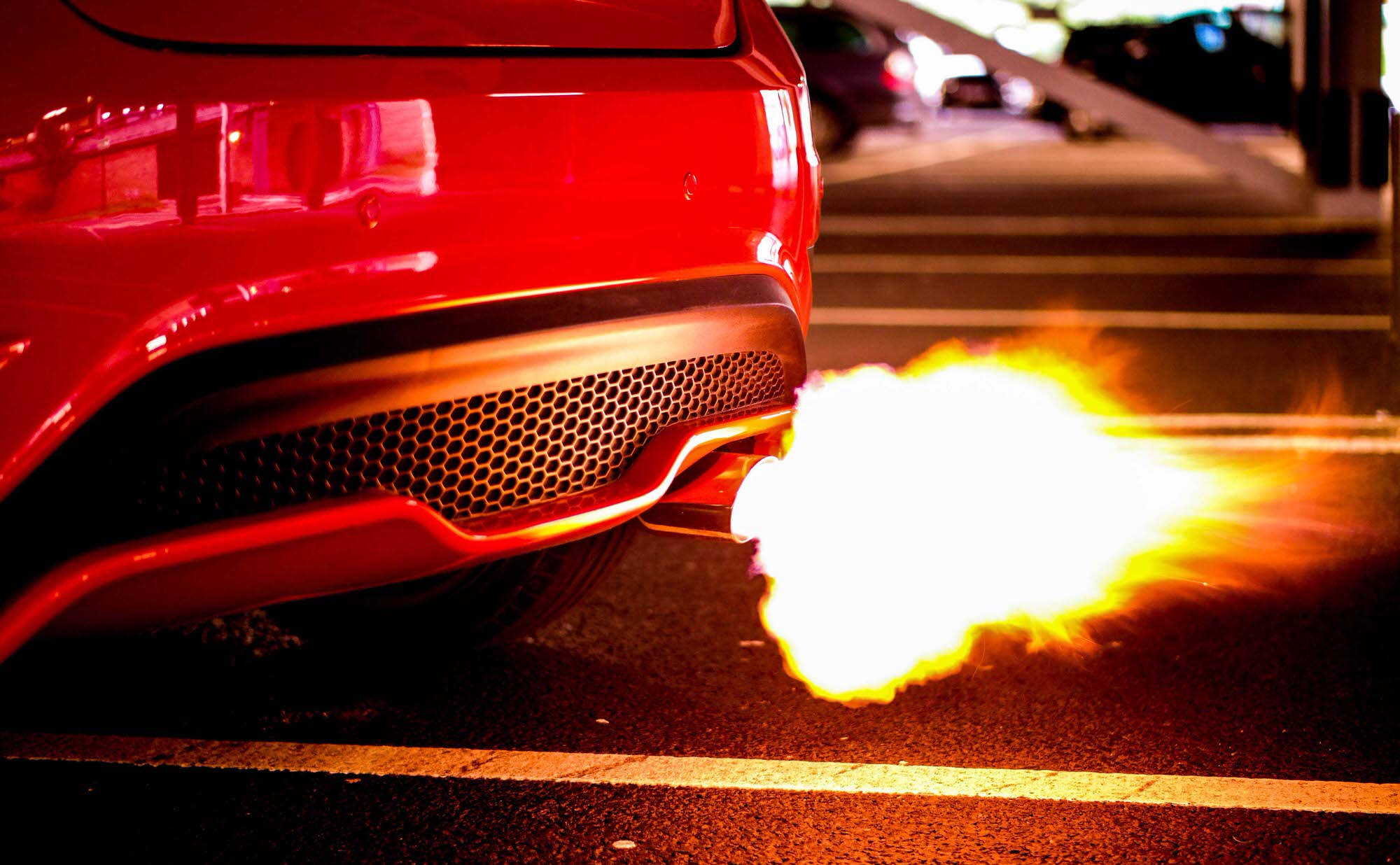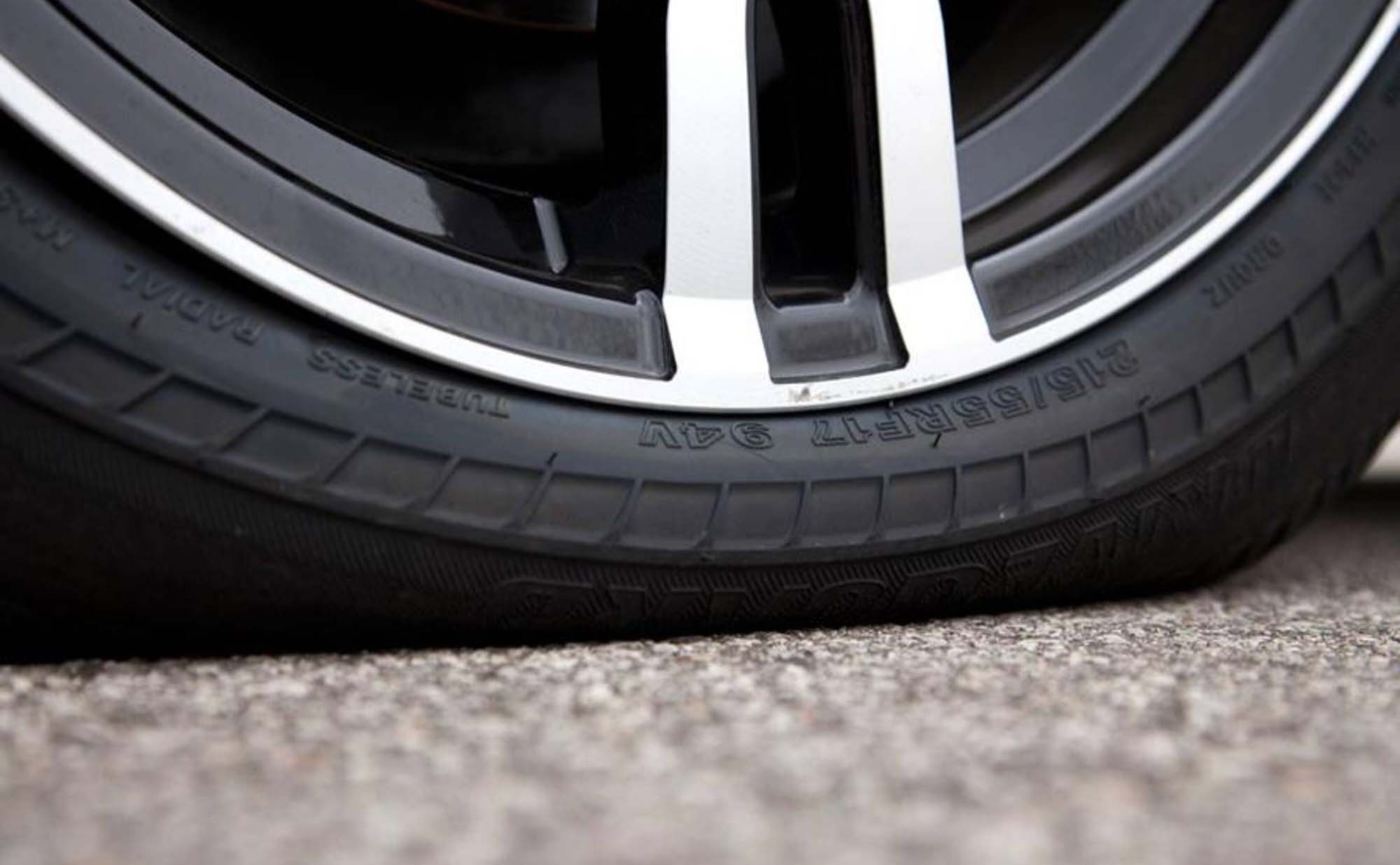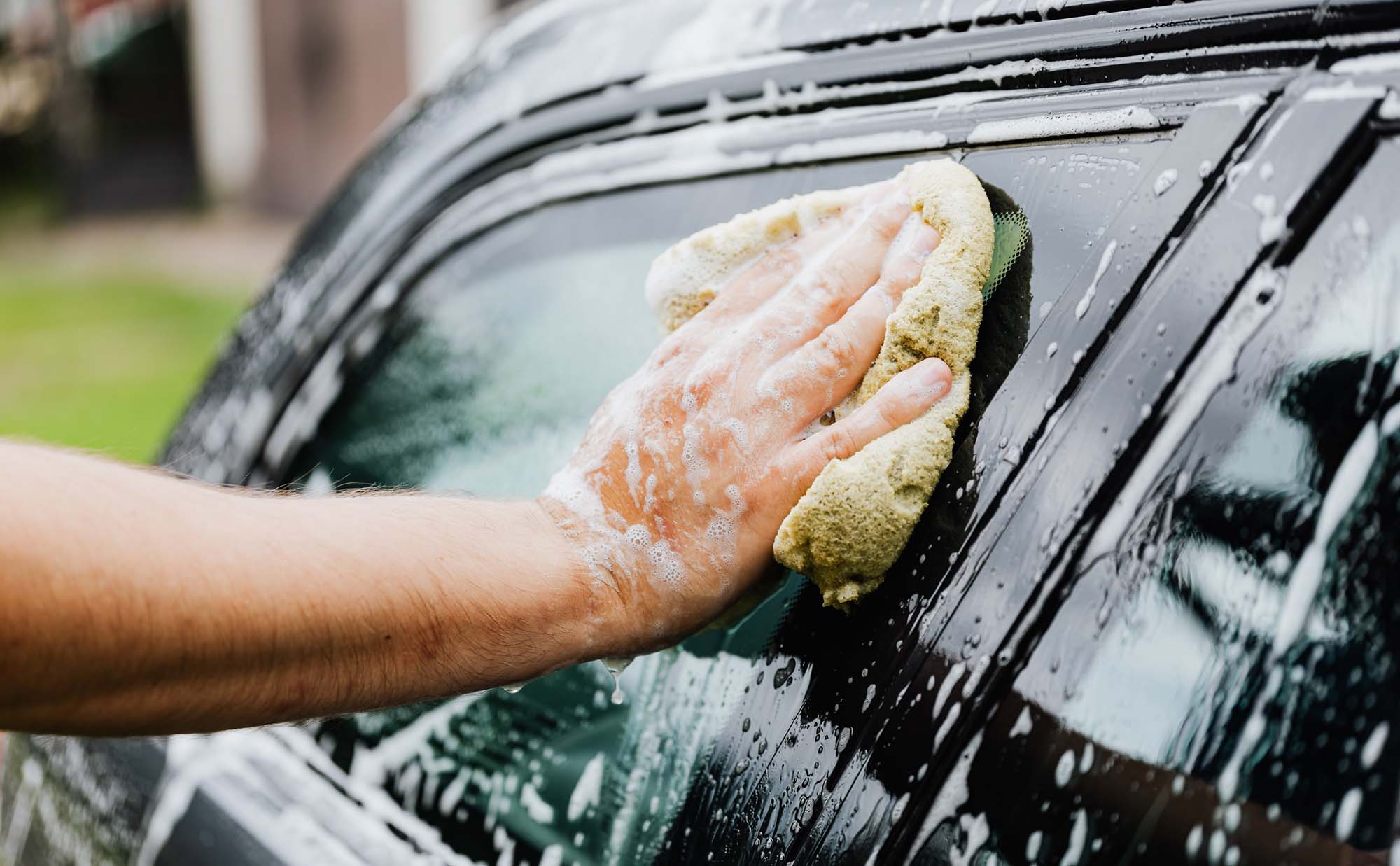Run flat tires are all the rage, but they aren't right for everyone (or every vehicle). Here is a list of the pros and cons, so you can make an informed choice.
Most people who own vehicles are familiar enough with the term “backfire” to know that it shouldn’t happen, but don’t know much detail beyond that. Here’s what we mean by a “backfire”, and what you can do about it.
Older engine designs made backfires a common occurrence, but now that modern vehicles are equipped with fuel injection and computer-controlled fuel mixtures, it is essentially a non-issue today. There are two types of sounds you might hear. One is technically a misfire, and the other is a true backfire:
Backfiring in internal combustion engines occurs outside of the combustion chamber, and is typically the result of an improper air to fuel ratio. An overly lean air-fuel mixture (i.e. an overabundance of air) can lead to a failure to ignite in the combustion chamber, also called a “misfire”. The unburnt fuel then enters the exhaust system, where hot components can cause the fuel to ignite unpredictably. Alternatively, rich air-fuel mixtures (i.e. an overabundance of fuel) can result in incomplete combustion, again causing unburnt fuel to enter the exhaust system.
Where is the backfire happening?
The main symptom we look for to diagnose and fix a backfire is where exactly the sound is coming from. If you hear a large POP from under the hood, this means that the combustion happening outside of the fuel chamber is on the intake side of the equation (often called a misfire). If it sounds like a loud BANG from the tailpipe, this means that fuel is combusting on the exhaust side, which we always refer to as a backfire.
What are the causes?
There are four main causes of a backfire or misfire. Each one of these is manageable and can be diagnosed by a qualified technician.
- Poor or unregulated engine timing is often a cause of intake misfires, but can also be responsible for exhaust backfires
- Improper wiring in the ignition can also lead to timing issues and backfires
- Low fuel pressure, clogged fuel filters, and weak fuel pumps could cause a severe lean air-to-fuel ratio during fuel injection
- Missing or damaged catalytic converter can result in backfires out of the tailpipe
Conclusion
If you have any of these symptoms we are happy to take a look and see if we can reduce the frequency of your vehicle’s backfires. We can inspect these issues at your next regularly scheduled maintenance, or we can schedule an extra stop at the shop whenever you have some spare time. Just get in touch with us to sort out the details.




